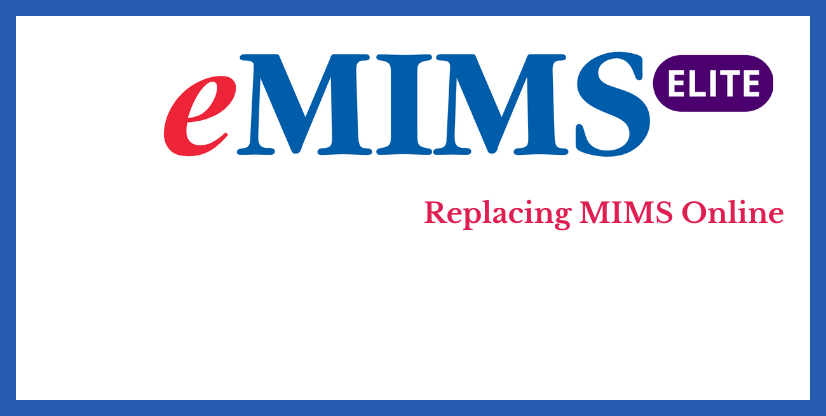Library
Literature reviews & systematic reviews
- Home
- Library
- Literature searching
- Literature reviews & systematic reviews
Which review?
Your decision will be based on the type of research question, the intended purpose and audience, the resources, skills and time you have available.
Common review types include:
Systematic review
Designed to answer precisely defined questions; aims to collate all empiral evidence. Uses explicit methods to minimise bias and provide more reliable findings to inform clinical decisions. See more
Scoping review
Addresses broader, exploratory research questions; can map key concepts in research areas, and clarify working definitions or conceptual boundaries of a topic
Rapid review
Assesses what is already known about a policy issue; frequently used for organisational reports, government reports, or health technology assessments
Umbrella review (or Review of reviews)
Synthesises the evidence from a cluster of existing systematic reviews to provide a current "state of knowledge"
Integrative review
Provides a thorough appraisal, interpretation and synthesis of empirical and theoretical literature
Further reading:
A typology of reviews: an analysis of 14 review types and associated methodologies
EVIDENT Guidance for reviewing the evidence: a compendium of methodological literature and websites
Systematic review or literature review?
Narrative reviews do not usually require systematic search protocols or explicit criteria for selecting and appraising evidence. Instead, they rely on experts to gather evidence and synthesise findings.
|
Systematic Reviews
|
Narrative Reviews
|
| Investigate a clearly defined topic or question. | Intended to provide an overview of an area. |
| A protocol (plan) is prospectively published (e.g., PROSPERO). | Protocol not usually a requirement. |
| Literature is gathered using explicit search methods and should be reproducible and transparent. | Literature is gathered. A systematic approach is considered more rigorous. |
| Studies selected for the review should meet eligibility criteria that specifies inclusion/ exclusion. | Studies are not selected according to any predetermined criteria. |
| Data from primary study may be synthesised in a meta-analysis. Evidence "grades" are applied to individual studies. | May use a level of evidence rating system to "grade" the quality and strength of individual studies but not usually a requirement. |
| When evidence is lacking, the authors usually recommend further research. | When evidence is lacking, the authors discuss findings based on their opinions and experience. |
Adapted from The Gustave L. and Janet W. Levy Library guide
Search tools
Schedule a training session
We teach literature searching and information management to individuals and small groups









